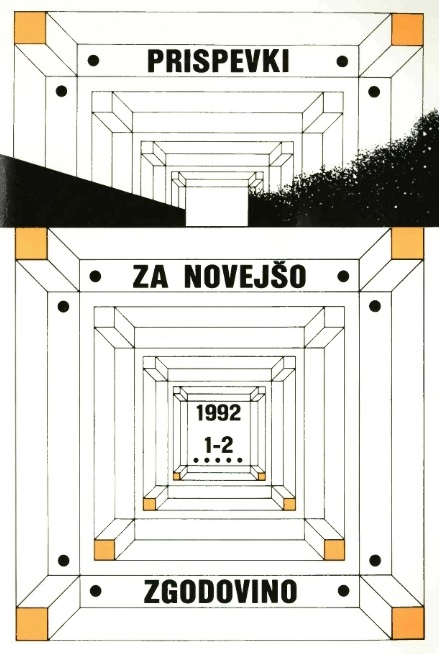Kulturna zakonodaja v Sloveniji v času jugoslovanskega klasičnega parlamentarizma 1918-1929
Legislation Regarding Culture in Slovenia During the Period of Classic Parlamentarism in Yugoslavia (1918 - 1929)
Author(s): Ervin DolencSubject(s): Cultural history, Political history, Government/Political systems, Politics and society, Sociology of Culture, Interwar Period (1920 - 1939), Sociology of Politics
Published by: Inštitut za novejšo zgodovino
Keywords: Slovenia; Yugoslavia; political history; parliamentarism; 1918-1929; cultural history; cultural policy;
Summary/Abstract: The legislation in the sphere of cultural activities that was in force in Slovenia and, for that matter, the entire »Kingdom of Serbs, Croats and Slovenes«, in the 1920ies was rather confusing, manifold in incoplete as were the laws governing a number of other spheres of life. With but a few exceptions culture was organised in compliance with the legislation adopted by former states in this territory; in Slovenia the laws of the Austro Hungarian Empire were still in force, while simultaneously the Belgrade government attempted to impose it own rules. The result were numerous ambiguities and legal contradictions. Lawlessness and arbitrary decisions of the local authorities, political parties and individuals could flourish in such circumstances.
Journal: Prispevki za novejšo zgodovino (before 1960: Prispevki za zgodovino delavskega gibanja)
- Issue Year: 32/1992
- Issue No: 1-2
- Page Range: 35-45
- Page Count: 11
- Language: Slovenian

